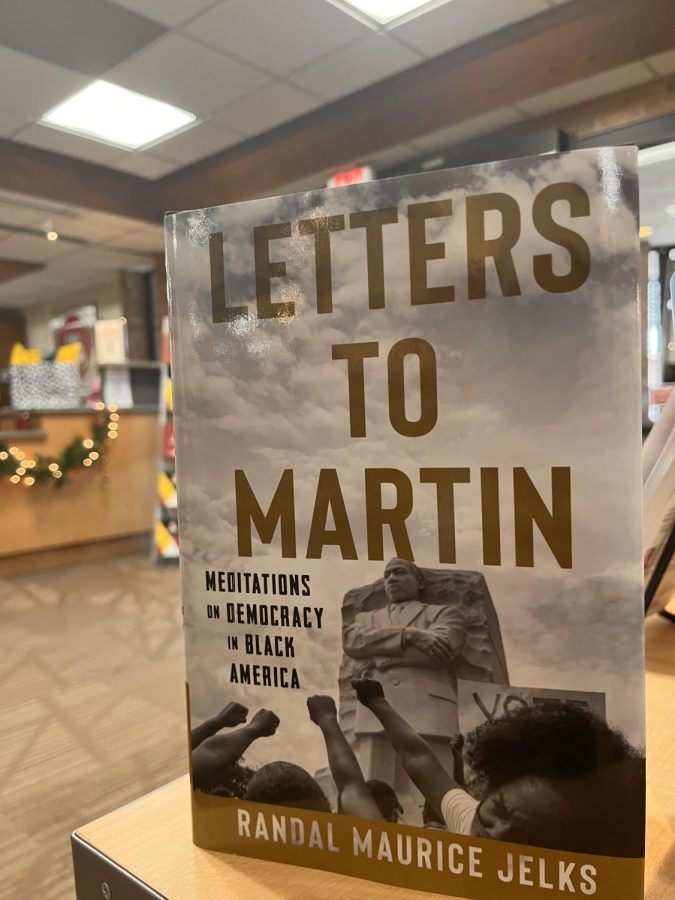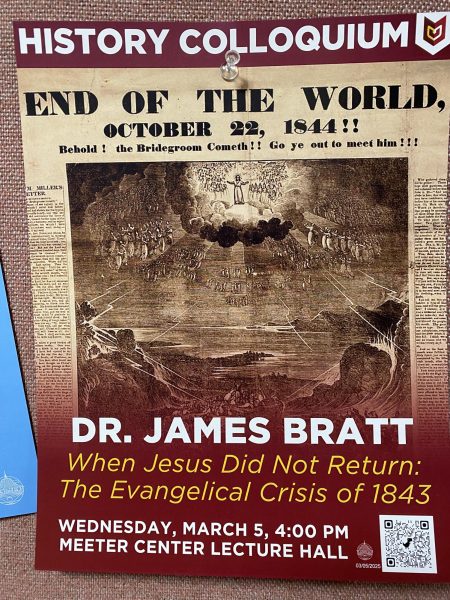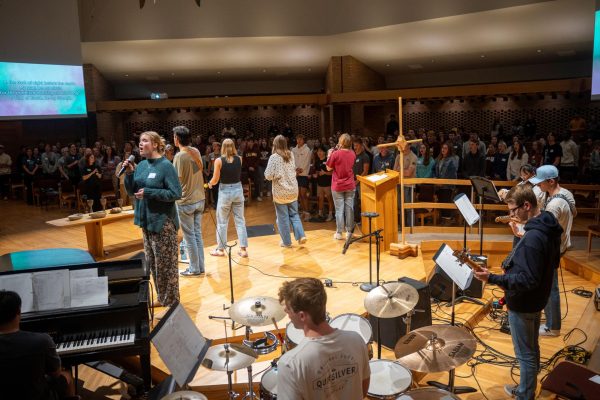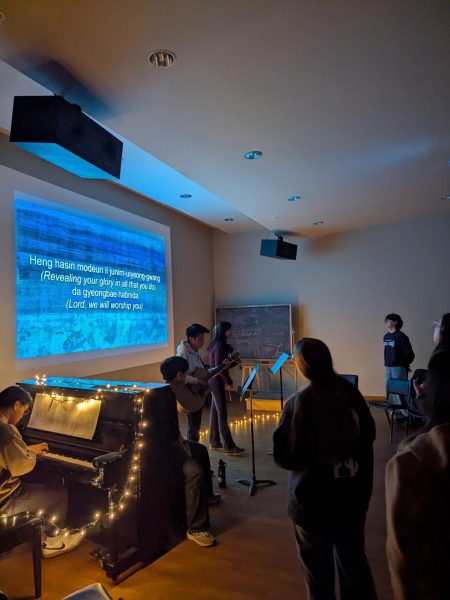MLK today: Former Calvin professor’s new book on U.S. societal issues
Randal Maurice Jelks’ latest book aims to bring awareness to a variety of issues in U.S. society. It is available for purchase in the campus bookstore.
Randal Maurice Jelks’ latest book –– “Letters to Martin: Meditations on Democracy in Black America” –– aims to bring awareness to a variety of issues in U.S. society, including economic inequality, freedom of assembly, police brutality, social class conflicts and geopolitics. Jelks is a former Calvin professor who is now professor of African and African American studies and American Studies at the University of Kansas.
“I was 11 when Martin Luther King Jr. was assassinated, and it was a kind of awakening for me to begin to think about these great social issues that were going on,” Jelks said of his inspiration for writing the book. “I want people to deal with these issues because they are not just exclusive to the United States. In places such as Hong Kong, people have to figure out how to engage in nonviolent protest against being subjugated.”
Jelks was part of Calvin’s faculty from 1992 to 2007. He said he had students in mind when he was writing the book. “I wanted something that was more immediate, immersive and challenging,” Jelks said. “Since [the book is] in the form of letters, students can read, contemplate, talk and discuss them more easily.”
The book has already found resonance on campus. “The most resonating aspect of this book were the issues of democracy and the African Americans who have been at the forefront of the democratic movements in this country,” said Eric Washington, professor of history and the director of African and African Diaspora Studies. According to Washington, the methods and momentum of the Civil Rights movement spilled over to other movements, such as the women’s rights movement, gay rights movement, indigenous rights movement and other progressive movements.
“People were inspired by the Civil Rights movement and learned that it was possible to make positive change through a progressive type-movement,” said Washington.
For many, these movements still clearly connect to aspects of Calvin’s mission. Evan Gray, a junior majoring in education, believes that everyone is considered an image bearer of Christ and it is only right to treat them with love and care. “Being a Christian should enhance our relationships with people from other cultures, such as standing up for those who cannot stand up for themselves and renewing systems around us when they are not just and servant- centered,” Gray said.
Washington has straightforward advice for getting involved in this work of system-renewal: “There are a few ways to live lives of justice and service. First, it is to stand for [justice and] speak out against injustice and for justice. Second, it may mean joining a protest movement or a social movement or volunteering for a non-profit that serves the community.”







